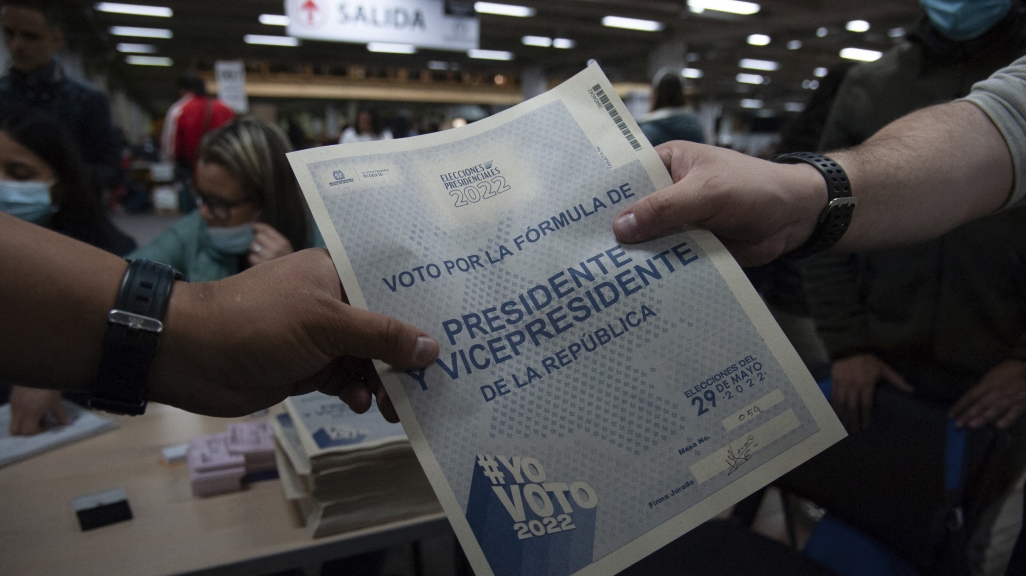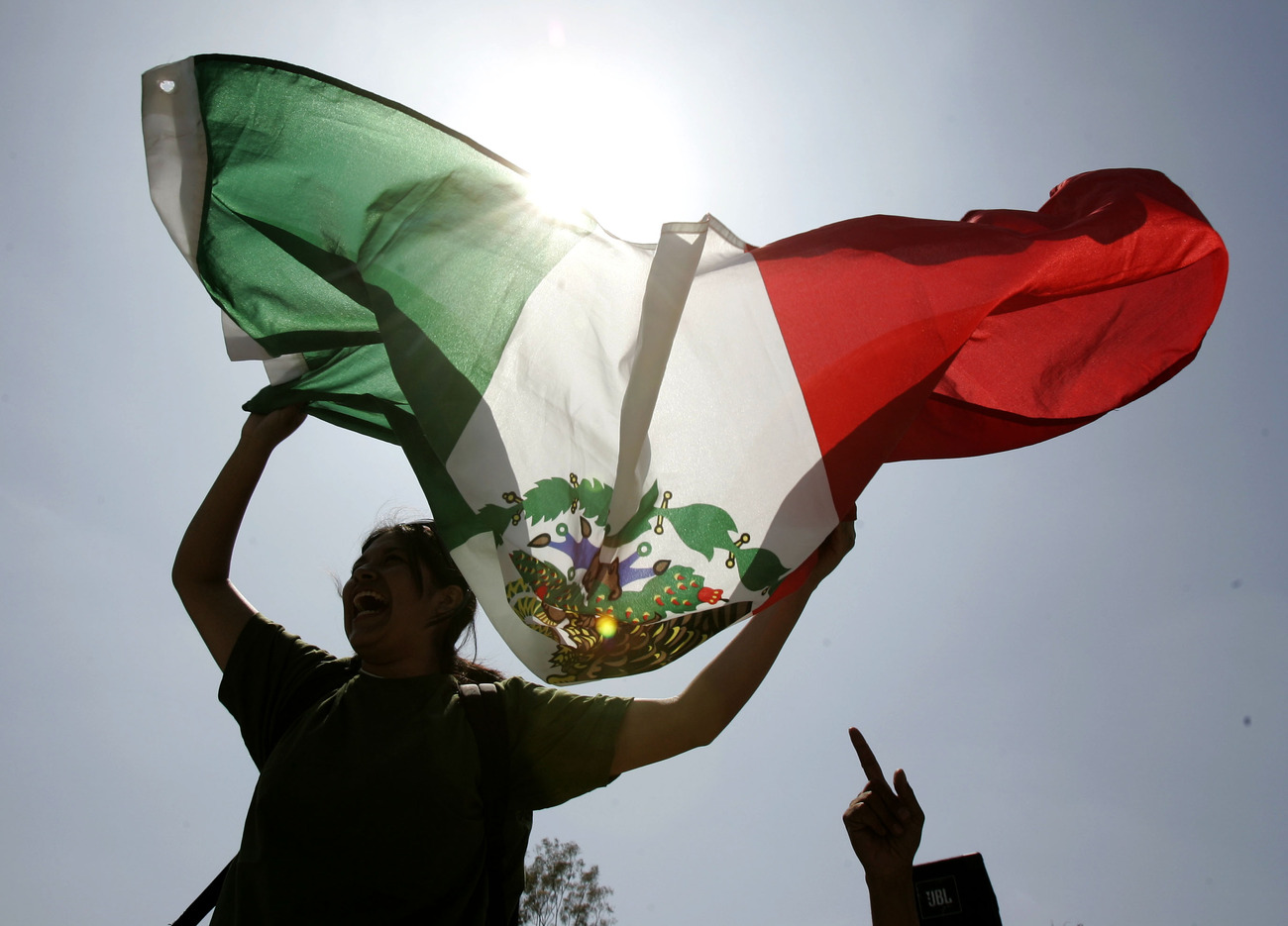LatAm in Focus: Colombian Voters Buck the Presidential Status Quo
LatAm in Focus: Colombian Voters Buck the Presidential Status Quo
By
Jon Orbach
The Washington Post's Samantha Schmidt covers how runoff candidates Gustavo Petro and Rodolfo Hernández are shaking up the political landscape.
“I think that [Hernández is] completely changing the game of the elections.”








